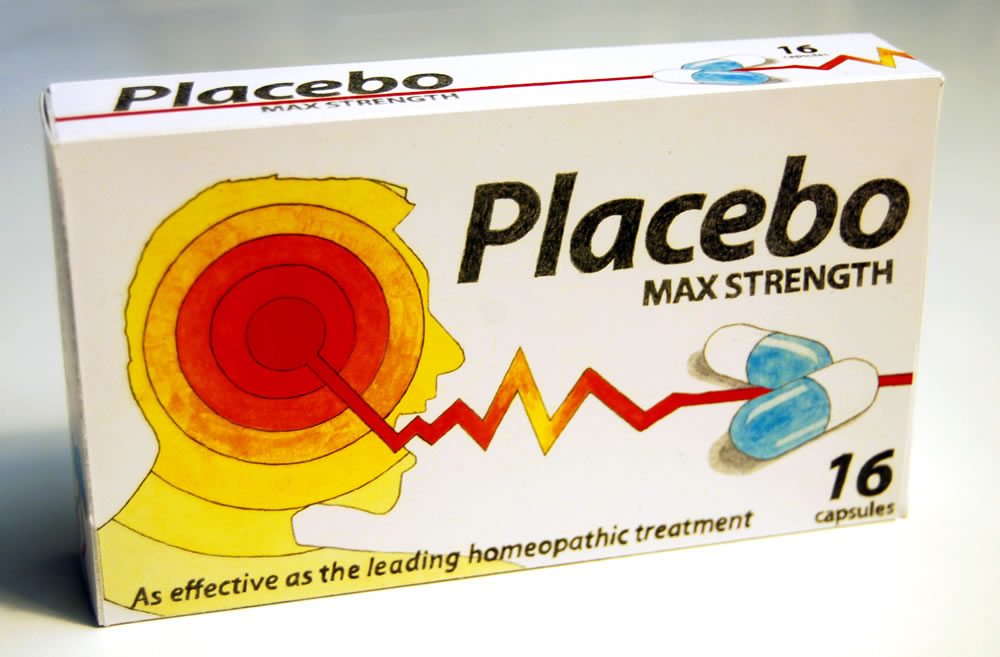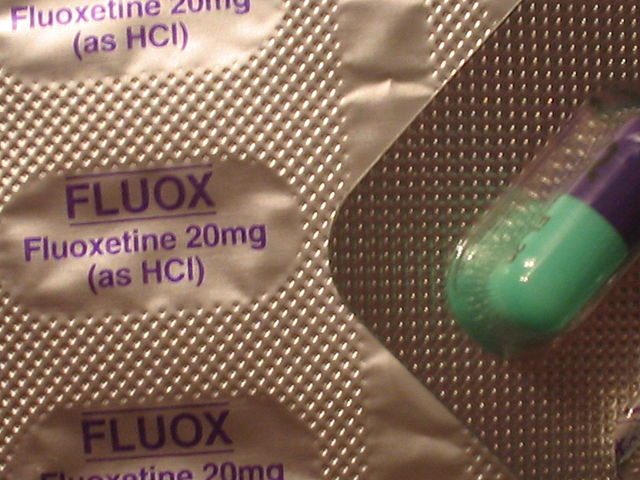Category: Neuroscience/Mental Health
Statistical Errors in Mainstream Journals
While we frequently on SBM target the worst abuses of science in medicine, it’s important to recognize that doing rigorous science is complex and mainstream scientists often fall short of the ideal. In fact, one of the advantages of exploring pseudoscience in medicine is developing a sensitive detector for errors in logic, method, and analysis. Many of the errors we point out...

Benedetti on Placebos
There has been an ongoing debate about placebos on SBM, both in the articles and in the comments. What does it mean that a treatment has been shown to be “no better than placebo?” If our goal is for patients to feel better and they feel better with placebos, why not prescribe them? Do placebos actually do anything useful? What can science...
Scientific American Mind Is Not So Scientific
When Scientific American first announced that they would publish Scientific American Mind, I hurried to subscribe, thinking it would keep me informed about new developments in a field I am passionately interested in. I have enjoyed the magazine, particularly the regular columns, the news items about research findings, the reviews that alert me to books I will want to read, the “Ask...

Revisiting Daniel Moerman and “placebo effects”
About three weeks ago, ironically enough, right around the time of TAM 9, the New England Journal of Medicine (NEJM) inadvertently provided us in the form of a new study on asthma and placebo effects not only material for our discussion panel on placebo effects but material for multiple posts, including one by me, one by Kimball Atwood, and one by Peter...
Angell’s Review of Psychiatry
Marcia Angell has written a two-part article for The New York Review of Books: “The Epidemic of Mental Illness: Why?” and “The Illusions of Psychiatry.” It is a favorable review of 3 recent books: The Emperor’s New Drugs: Exploding the Antidepressant Myth by Irving Kirsch Anatomy of an Epidemic: Magic Bullets, Psychiatric Drugs, and the Astonishing Rise of Mental Illness in America...

Antidepressants and Effect Size
Antidepressant drugs have been getting a bad rap in the media. I’ll just give 3 examples: On the Today show, prominent medical expert 🙂 Tom Cruise told us Brooke Shields shouldn’t have taken these drugs for her postpartum depression. In Natural News, “Health Ranger” Mike Adams accused pharmaceutical companies and the FDA of covering up negative information about antidepressants, saying it would be considered...
The Value of Replication
Daryl Bem is a respected psychology researcher who decided to try his hand at parapsychology. Last year he published a series of studies in which he claimed evidence for precognition — for test subjects being influenced in their choices by future events. The studies were published in a peer-reviewed psychology journal, the Journal of Personality and Social Psychology. This created somewhat of...
Autism and Prenatal Vitamins
Science has found no evidence that vaccines cause autism; but the true cause(s) of autism have not yet been determined. So far the available evidence has pointed towards a largely genetic cause with possible interaction with environmental factors. A new study supports that interpretation. It also supports previous evidence that autism is triggered prior to birth, rather than at the time of...
Anti-vaccine warriors vs. research ethics
Three weeks ago, the anti-vaccine movement took a swing for the fences and, as usual, made a mighty whiff that produced a breeze easily felt in the bleachers. In brief, a crew of anti-vaccine lawyers headed by Mary Holland, co-author of Vaccine Epidemic: How Corporate Greed, Biased Science, and Coercive Government Threaten Our Human Rights, Our Health, and Our Children, published a...
Delusional Parasitosis
A new study looks into the disorder known as delusional parasitosis, which many dermatologists believe is the true diagnosis behind the controversial disorder called Morgellon’s disease. Morgellons is a controversial disorder because many patients with symptoms believe they are being infected by an unusual organism, causing excessive itching, but no offending organism has been found. Some patients claim they have strange fibers...

